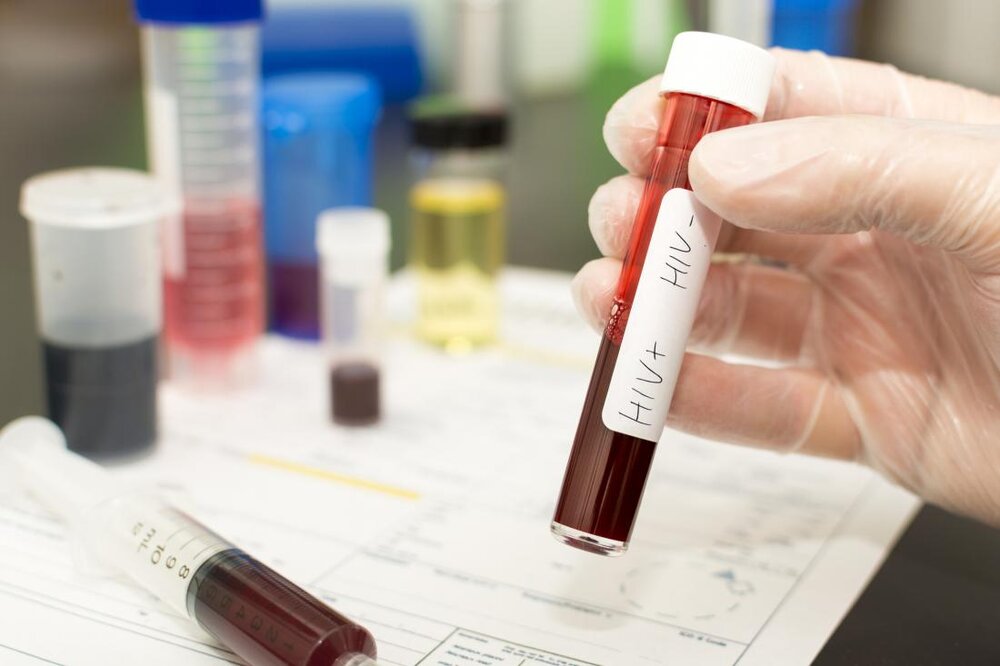National AIDS week to be held amid pandemic

TEHRAN – The national AIDS week will be held on December 1-5 in the light of the COVID-19 pandemic and with a focus on “Global Solidarity, Common Responsibility”.
The health ministry has assigned each day of the week with a special theme as follows:
Tuesday, December 1: Increasing organizational resilience and access to services in crises
Wednesday, December 2: Family and HIV
Thursday, December 3: Media and HIV
Friday, December 4: Youth, adolescents, and HIV
Friday, December 5: Social responsibility and HIV
HIV and the importance of preventing it, the importance of attracting the support of policymakers, officials and organizations, HIV information and control programs and increasing inter-sectoral cooperation, introducing measures, achievements and challenges in the field of AIDS, attracting the participation of associations, NGOs and the public are among the goals of this year's slogan.
World AIDS Day
Annually observed on December 1, World AIDS Day is an important opportunity to recognize the essential role that communities have played and continue to play in the AIDS response at the international, national, and local levels.
The theme of this year is “Global Solidarity”.
The world has made significant progress since the late 1990s, but HIV remains a major global public health issue. And like many other major health issues, it faces additional challenges during the COVID-19 pandemic.
HIV prevention, testing, treatment, and care services are all being disrupted particularly in countries with fragile health systems. Nevertheless, all over the world, health workers and community representatives are doing their utmost to keep services going.
Over 40,000 people diagnosed with HIV
Parvin Afsar Kazerouni head of AIDS and sexual disease control department at the Ministry of Health said in December 2019 that since the beginning of the epidemic, a total of 40,735 cases of HIV have been registered in the country, 60.1 percent of which were infected with drug injection equipment and 22.2 percent due to high-risk sexual behavior.
Men held a share of 82 percent and women 18 percent among people infected with HIV, she lamented, adding, 50 percent of the patients age 20-35.
Referring to the newly diagnosed cases of HIV in the first six months of this year, she said that about a thousand people have been diagnosed during this period, 31 percent of whom were women and 69 percent were men.
HIV prevalence in the world
The human immunodeficiency viruses are two species of Lentivirus that cause HIV infection and over time acquired immunodeficiency syndrome. AIDS is a condition in humans in which progressive failure of the immune system allows life-threatening opportunistic infections and cancers to thrive.
Since the beginning of the epidemic, 75 million people have been infected with the HIV virus and about 32 million people have died of HIV.
Globally, 37.9 million people were living with HIV at the end of 2018. An estimated 0.8% [0.6-0.9%] of adults aged 15–49 years worldwide are living with HIV, although the burden of the epidemic continues to vary considerably between countries and regions.
The WHO African region remains most severely affected, with nearly 1 in every 25 adults (3.9%) living with HIV and accounting for more than two-thirds of the people living with HIV worldwide.
FB/MG
